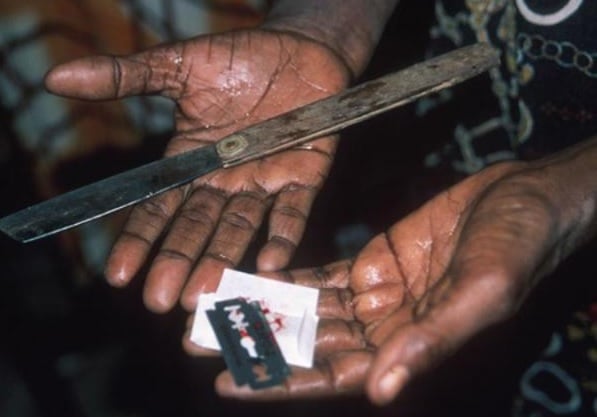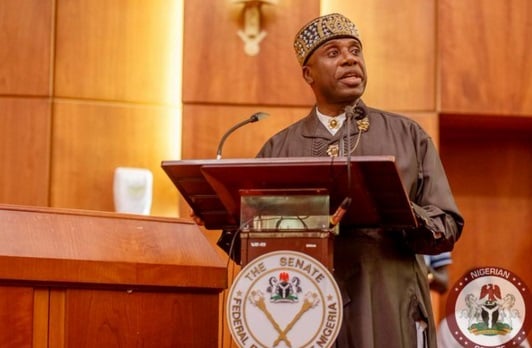Nearly eight in 10 women have undergone circumcision in Osun, according to UNICEF and the United Nations Population Fund (UNFPA).
The statistics of Ebonyi was also rated next to Osun, with Ekiti coming third, Imo, fourth, and Oyo, 5th.
“FGM comprises all procedures that involve partial or total removal of the external female genitalia, or other cutting of or injury to the female genital organs for non-medical reasons. It is recognised internationally as a violation of the human rights of girls and women,” UNICEF said.
The organisation called on governments at all levels, civil society organisations, and traditional and religious leaders to come together to end the scourge of female genital mutilation in Nigeria.
Advertisement
Mohammed Fall, UNICEF representative in Nigeria, said there is no benefit to mutilating or cutting any girl as it causes severe physical and psychological harm.
The organisation said it is working with federal and state governments in southern states where the practice is most prevalent, training partners, creating awareness at all levels and working with communities to convince practitioners and community members to promote an end to the practice.
“We applaud the progress that has been made in Nigeria, but there is still a long way to go. Even though this practice has persisted for over a thousand years, our evidence tells us that with collective action, it can end in one generation,”said Mohamed Fall.
Advertisement
“It violates a woman’s rights to health, security and physical integrity, the right to be free from torture and cruel, inhuman or degrading treatment, and even – in some cases – the right to life.”
Add a comment






